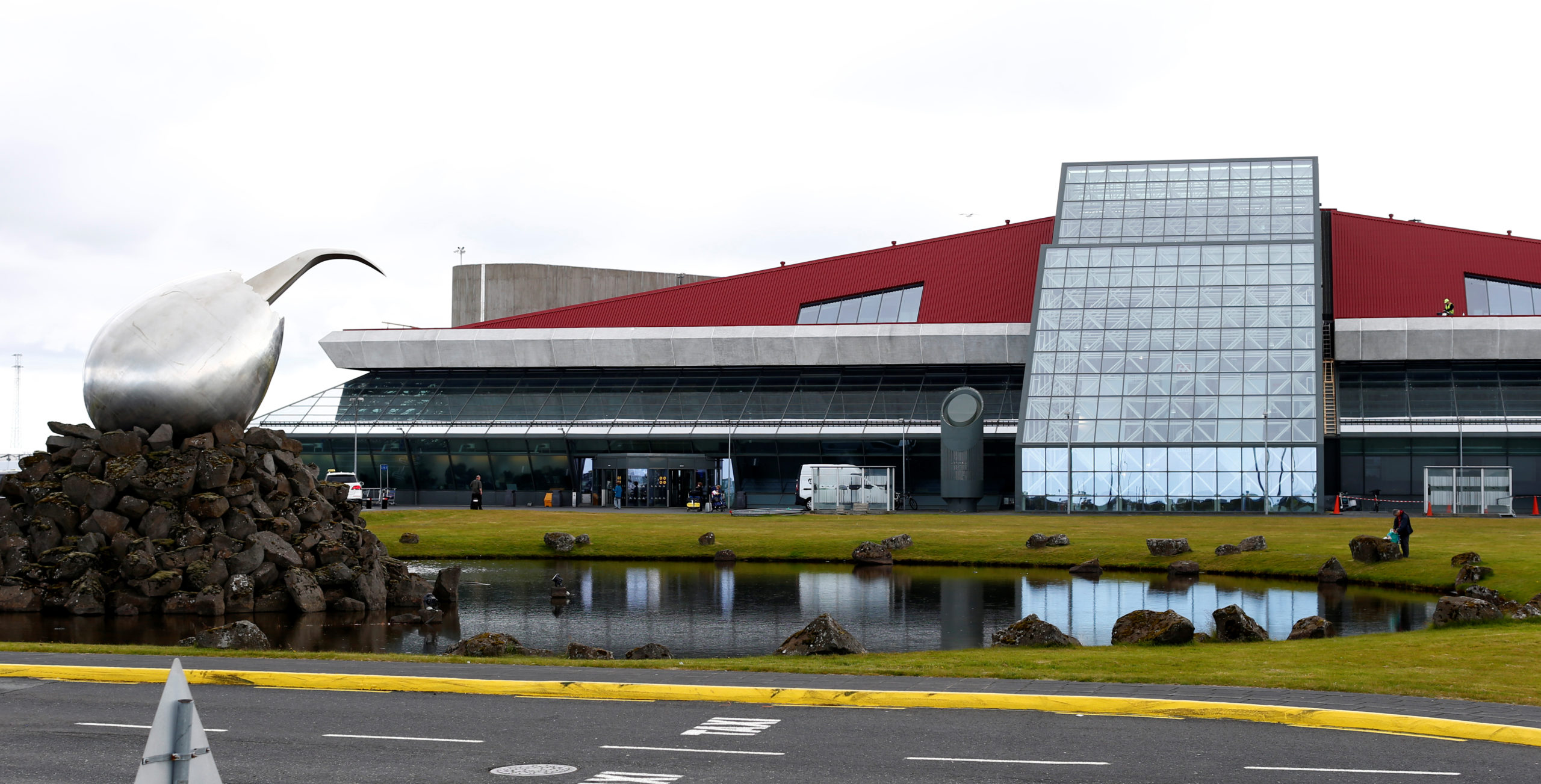Iceland eyes a June border opening
International travelers will be offered an option to take a COVID-19 test or sit in quarantine for two weeks.

As part of its gradual relaxation of measures to prevent the spread of COVID-19, Iceland’s government says it is preparing new regulations that would allow international travelers to enter the island if they can provide proof that they are not infected with the coronavirus.
Though still in the works, the new rules would come into force no later than June 15, should the number of cases of COVID-19 remain under control, that country’s leaders said on Tuesday.
Since March 20, tourists from countries outside of Europe’s Schengen visa-free travel area have been barred entry to Iceland. Europeans and Icelandic residents are permitted to enter, but must isolate themselves for two weeks. Those measures were set to expire on May 15, but have now been extended for a month for all but a handful of groups.
[Iceland readies for a gradual end to coronavirus measures]
Once the new measures are in place, travelers who cannot provide proof of a recent negative test for COVID-19 will either be offered the opportunity to be screened upon arrival in Keflavík International Airport or to isolate themselves for two weeks.
After testing, visitors will be allowed to travel to their accommodations, where they will be required to stay until their test results are returned — which is expected to take a day.
Travelers will also be required to use Iceland’s national contact tracing app in the event they later develop COVID-19 or are exposed to the virus that causes it.
“With only three cases of the virus diagnosed in May, we are once again ready to carefully open our doors to the world. While we remain cautious, we are optimistic as a country that we can successfully begin our journey back to normality,” Guðlaugur Þór Þórðarson, the foreign minister, said in a statement.
[Greenland ends a ban on travel from Nuuk ahead of schedule]
Prior to the general relaxation, residents of Greenland and the Faroe Islands will be granted eased travel regulations starting on May 15.
Both countries currently have no reported cases of COVID-19, and are now considered to be “low-risk” areas by Icelandic authorities. Pending a final decision, residents of the two countries will be allowed to enter Iceland starting on May 15 without having to isolate themselves first.
Also beginning May 15, employers of professionals and others traveling to Iceland for work can request they be approved for “modified quarantine,” which exempts them from home quarantine orders, provided they comply with extensive requirements.
The modified-quarantine option has already been available to businesses that are considered essential or doing time-sensitive work, as well as journalists. The group will now be expanded to include scientists and academics, filmmakers and athletes.
[Iceland might consider taking stake in Icelandair if the state injects funds, says prime minister]
The relaxed travel restrictions will be welcome news for Iceland’s tourism industry as it heads into what is normally the summer high season. However, for Icelandair, the flag carrier, there is still concern that it may not survive the month-long wait to begin ramping up activity.
Icelandair, which has laid off 90 percent of its employees, was told on Monday that it could not expect the state to prop it up until it could resume service again.
The sole remaining major international airline in Iceland after the collapse of Wow Air a year ago, Icelandair has warned that it, too, is on the verge of collapse and is unlikely to survive the summer without some form of state aid.
However, Bjarni Benediktsson, the finance minister, said last week that the government would not make more money available to Icelandair until it dealt with its underlying problems.
“This is a company that needs to become internationally competitive and we want private capital to be behind it. With private capital comes more audacity, better ideas. This is not at all a business or operation that is suitable for government operations,” Benediktsson told told Vísir, a news outlet.
The comments would appear to run counter to a suggestion made earlier this month by Katrín Jakobsdóttir, the prime minister, that the airline could be partly nationalized in exchange for a bail out.